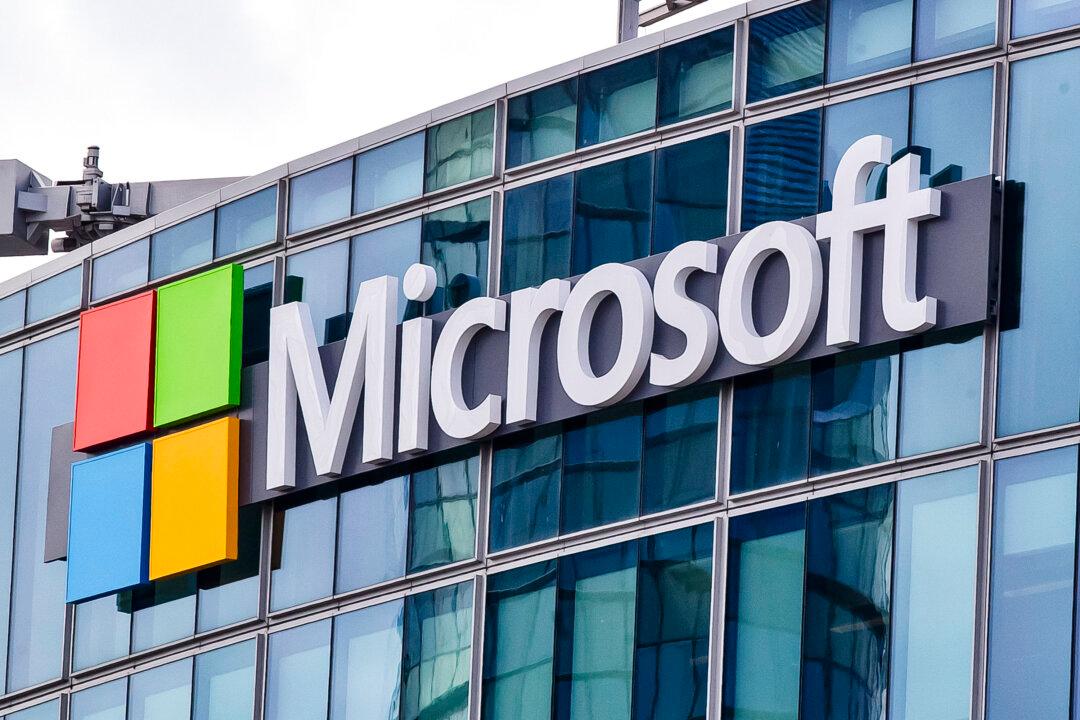Microsoft’s cyber threat assessment unit said on Aug. 9 that a high-ranking official on a U.S. presidential campaign had been hacked by an Iran-backed group, and the campaign of former President Donald Trump later revealed that it had been the target of a cyberattack, linking the breach to “foreign sources hostile to the United States.”
The report from the Microsoft Threat Analysis Center (MTAC) indicates that an Iranian group connected to the Islamic Revolutionary Guard Corps, called Mint Sandstorm, sent a spear phishing email in June to a high-ranking official on a presidential campaign from a compromised email account belonging to a former senior campaign adviser.





